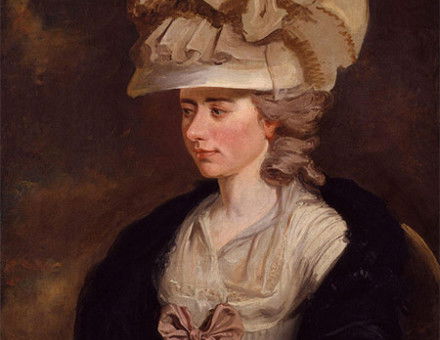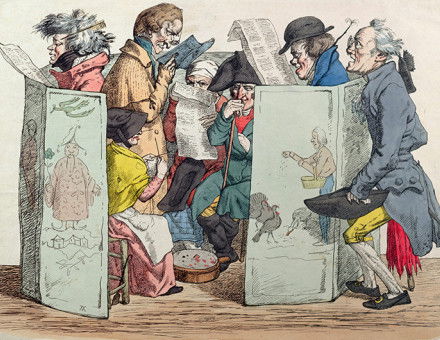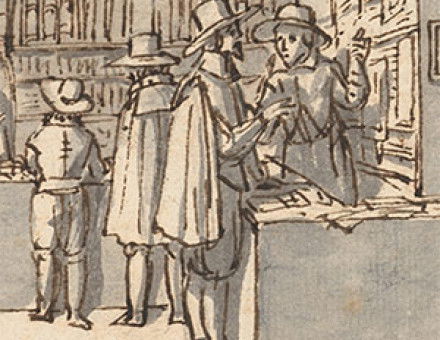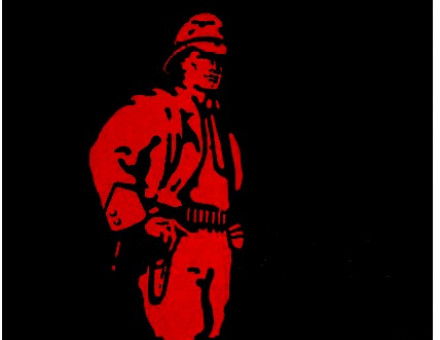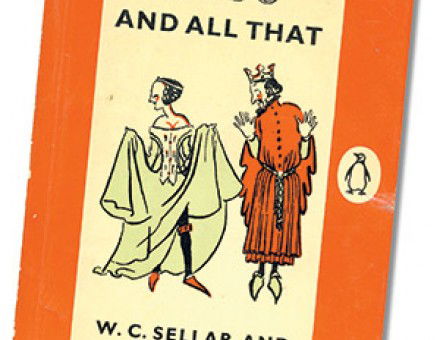Women and Literature in Eighteenth Century England
During the eighteenth century female authors became increasingly numerous and industrious; while as readers, writes Robert Halsband, thanks to the spread of the new circulating libraries, women began to form ‘a significant sector’ of the literary public.


